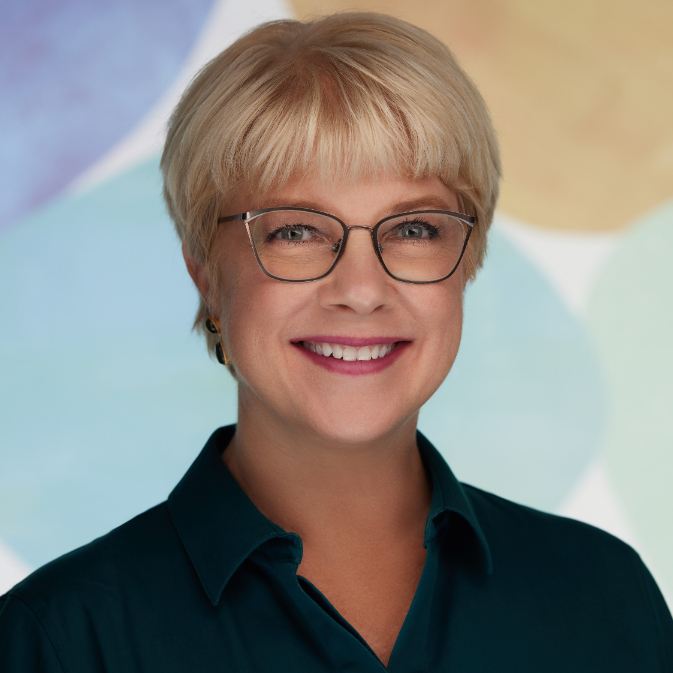Women’s History Month: Elizabeth Cromwell

"Keep an open mind about the type of industry in which you'd like to work."
– Elizabeth
Elizabeth Cromwell is President & CEO of the Charlottesville Regional Chamber of Commerce.
What goals and values motivate your work?
We live in a fast-changing world. I feel motivated to help our organization successfully walk the tightrope of staying the course strategically vs. evolving nimbly to best accomplish our mission. On the plus side, staying the course means following the North Star for your organization without being distracted by (perhaps important but) off-mission concerns. But on the minus side, staying the course sometimes means failing to leverage emerging resources or an evolving external landscape to produce even stronger results.
For most of us who have strategic responsibilities at work, this is a never-ending balancing act. I strive to maintain that balance with integrity, respect, diplomacy, and a spirit of collaboration.
Tell us about a woman whose work you admire. How does she inspire you?
My cousin, Nell Devane, was recently promoted to General Counsel of ESPN after decades of experience there. I'm amazed at her accomplishment in running this media giant's legal portfolio, particularly in such a male-dominated industry. Her responsibility includes intellectual property law, rights acquisitions, multi-platform distribution, newsgathering, advertising, marketing, digital and social media, regulatory and corporate governance.
Nell has worked tirelessly over the years and earned this move to the top of the corporate ladder. Somehow she has time to be a great mother, daughter and friend too! She is in inspiration to me because not only is she brilliant, she's also the hardest worker on the team and treats everyone with equal respect.
In your career so far, what positive personal changes have helped you to be more impactful?
No question about it, conquering my paralyzing fear of public speaking has helped me be significantly more impactful and professionally successful. Early in my career, I threatened to quit my job over being forced into public speaking. Ironically, as I was becoming more knowledgeable and successful in my work and people wanted to hear more from me, I was self-sabotaging by ducking great opportunities right and left.
While I always knew what was holding me back, it took a few years of absolute focus and commitment to get over this hurdle. I realized that when presenting about a topic in my wheelhouse, I don't need to have ALL of the answers, but simply have a bit more topical expertise than some portion of the room. Also, it's perfectly fine to say "I don't know" when you don't. Once those two simple facts became clear to me, I began practicing in front of others and my public speaking problem went away.
What’s your advice for young women starting their careers?
Keep an open mind about the type of industry in which you'd like to work. There are some fabulous careers out there in places you might not realize. Despite my entrepreneurial, business background, some of my best working years were as a county government employee at a public library system, a job I never envisioned for myself. While I took a pay cut, I finished every day feeling like I did something great for my community -- and who could resist that shriek of delight from tons of toddlers every morning at 10 am when the public doors opened. (Note: I did NOT work in the Children's Department!) 🙂 Working for the private, public and nonprofit sectors have all provided me the opportunity to learn and grow.
What podcast, book or film has helped you be your best self at work?
One of my oldest friends, Andrea Mayfield, cofounder of the ELI Group, cowrote a book more than a decade ago that was far ahead of its time and is still a staple in many successful organizations. "The Thin Book of Naming Elephants: How to Surface Undiscussables for Greater Organizational Success" was partly inspired by her former employer NASA's corporate culture at the time of the Challenger disaster. In the aftermath, the official report written by NASA itself concluded, "In our view, the NASA organizational culture had as much to do with this accident as the foam..."
Every organization has an "elephant in the room" from time to time. Everyone knows it's there, but nobody wants to talk about it. Mayfield's book is a master class in how to effectively name the elephant, talk about the elephant, and solve the elephant to move forward most productively. I can't think of a more useful skillset to develop at this time.
